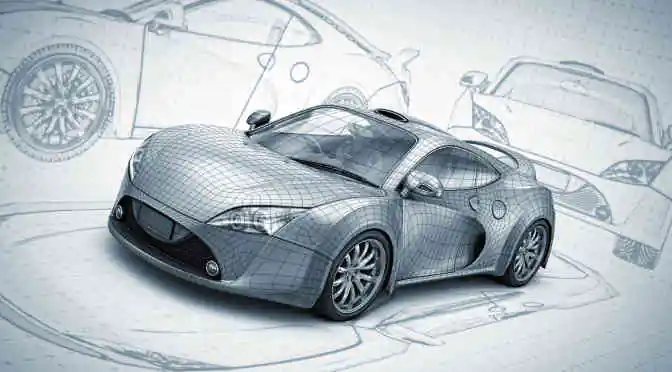China’s big cities with enormous populations are extremely polluted. In the recent past, China has topped the World Health Organization’s list for deadly air pollution, and is responsible for more than one million deaths each year in the country. A major portion of this harmful outdoor pollution can be attributed to the use of gasoline-powered motor vehicles that produce poisonous gases into the atmosphere. Enter, the electric vehicle revolution!
These alarming issues have prompted the Chinese government to form a string of new standards for companies in the automotive sector in favor of selling more alternate energy vehicles in the country. Consequently, global automakers are speeding up their efforts to produce innovative electric cars and meet rising demand in China.
China’s electric vehicle revolution
Within the past few years, China has become a champion of renewable energies, and the nation’s determination to break its dependence on fossil fuels has pushed China to a top position in the global electric vehicle (EV) revolution. Chronic air pollution, dwindling fossil fuel resources and a growing awareness that climate change is having a negative impact on human life have induced the government to bring in an array of comprehensive policies to support the adoption of EVs across China.
China has been at the forefront of the push for the automotive sector to go electric, with the government stating last year that auto manufacturers would have to ensure that 12 percent of the cars they put on the road were electric by 2020. Alongside the aggressive pro-electric regulations, China’s renewable energy policies are supported by vast financial investment in the industry and a vision of dominating next-generation technologies, including the development of innovations like artificial intelligence(AI).
In addition to this, one major factor that has made electric cars famous in China is the country’s transportation infrastructure. While China’s crowded cities mean drivers require vehicles for shorter distances, the country’s high-speed rail reduces the need for car owners to drive long distances between towns. These factors have made electric cars incredibly popular in China, and industry experts are predicting that all cars in China will likely be electric by 2030.
How are brands responding to China’s electric vehicle boom?
The auto industry is reaping the benefits of the recent boom in China’s electric vehicle industry. Ford, Volkswagen, and GM are all adding electric car models to their offerings and moving research and development operations for EVs to China. In addition, the Chinese government has been recruiting top electrical engineers from around the globe, including the US.
Volvo recently announced that it would introduce five new electric vehicles by 2021. Ford and General Motors also announced their plan to add 33 electric models to their lineups. Honda, which had been focusing on the development of hybrid cars, has changed its plan in the wake of China’s affirmative EV policies and has announced that it will launch two EVs specifically for the Chinese market this year.
While China has been allowing global auto manufacturers like General Motors, Tesla, and Volkswagen to establish research and manufacturing facilities in China, the country’s top dogs are also keen to ensure Chinese automotive companies remain innovative and competitive. Today, the chart-topping EVs in the country are all locally produced, with Chinese electric car companies BYD, Chery, and Kandi Technologies dominating the Chinese market.
China already manufactures and sells more electric cars than any other country, and Chinese buyers purchase these cars three times more than American buyers and also more than the rest of the world’s buyers. Indeed, the automobile industry in China is taking the EV revolution to an entirely new scale, and there is no turning back in the future for the China’s electric vehicle industry.



